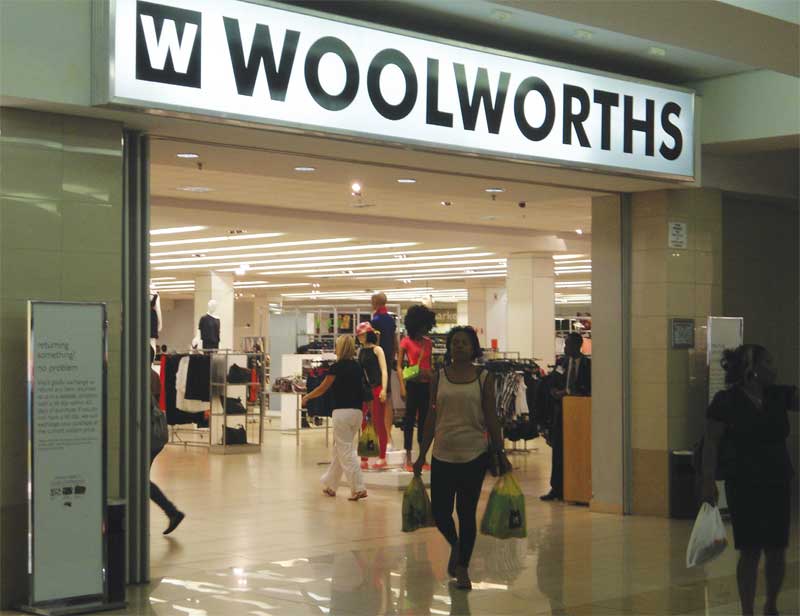A group of pro-Palestinian activists have accused Woolworths management of jeopardizing the returns and dividends of thousands of direct and indirect shareholders, by continuing to stock Israeli goods. In a letter written to Woolworths CEO Ian Moir, the South African Muslim Network (Samnet), the Jamiatul Ulama and other organisations called on the national retailer to stop marketing and retailing Israeli goods. Woolworths has faced intense pressure from the Boycott Divestment and Sanction’s (BDS) ongoing boycott campaign, activists and civil society groups over the last few months, over its refusal to cut trade links with Israel.
Amongst the signatories of the letter is the head of the South African Muslim Network (Samnet), Dr. Faisal Suliman, who said many members of the community were in fact shareholders of the retail company. He said thousands of members of the public had policies, pension funds, investments, and unitrusts that were in some way invested in Woolworths shares.
“In that respect, many are shareholders in Woolworths and therefore we have an interest and stake in the company. We are saying that the profit from Israeli goods is so small compared to their annual turnover, that as a shareholder it doesn’t make sense to risk our investments for what is essentially a loss making entity,” he said.
The letter was sent last week, addressed to Woolworths CEO Ian Moir. The retailer subsequently issued a response, noting that Moir was currently travelling abroad, and would address the letter upon his return. However, Dr Suliman was critical of the company’s response, suggesting it may have been an attempt to stall the issue.
He was further alarmed by the fact that no mainstream or business- centric media source had opted to cover the story. This was particular surprising in the case of the financial media, where the sole objective was to cover anything impacting on the share prices of a company.
“Certainly this boycott has affected it. It has affected the brand value of Woolworths and many people have now become accustomed to using non-Woolworths products,” he said.
He said the next step forward would likely be to write to the various unit trusts and investment companies to highlight Woolworths as a bad investment, and question why funds were still being invested into the group. He urged members of the community to follow suit, by ensuring their investments were not being put into Woolworths. VOC (Mubeen Banderker)






 WhatsApp us
WhatsApp us 

